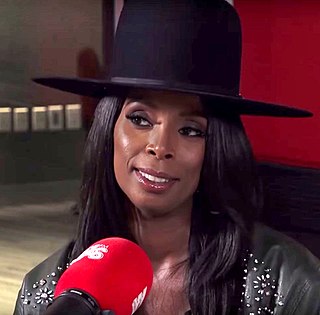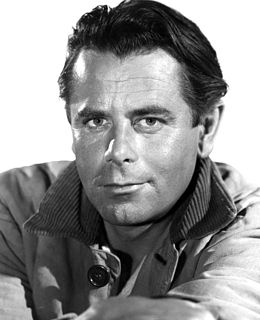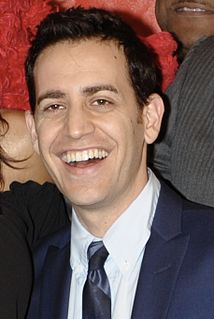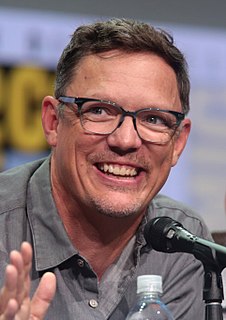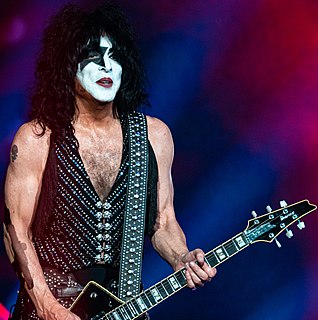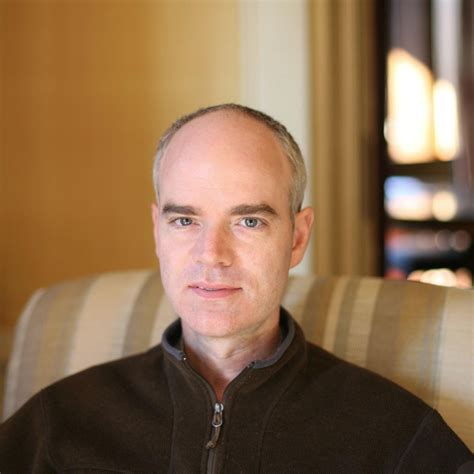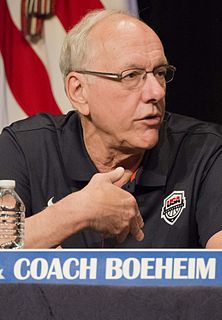A Quote by Denis Villeneuve
The idea, as a director, is to be able to bring everybody on board and to inspire and give energy to everybody and to explain specific color, specific ambience. I need to be very precise, but I think I'm a better director when I'm more a channeler than a dictator.
Related Quotes
As a director, you're a bit of a dictator. But I feel that you're a better director if you're open to other people's ideas. It means that it's tougher: you have to be in a choosing process; you have to put the ego aside. As long as everybody's aiming in the same direction... I'm open to my main partners in the film crew.
I think things go wrong when there's not a very specific plan and specific emotional roadmap. You need to know what a scene needs to get across, and what story point that needs to be advanced, whether it's discovering someone for the first time or whether it's seeing a relationship get strained. What I do as a director is really create a safe environment that everyone can feel very comfortable in and experiment within so that they don't hold back anything.
As a director, it became important to hear that specific role read by that specific actor, and you hear the chemistry, or you don't hear the chemistry. So I'm not so bothered by the audition process anymore; in fact, I use it. It's a time for the actor to actually get to the know the director and the producers a little bit, too.
As a director, I have to do everything. As an actor, I'm just worried about one role, that's it. As a director, everything is important. Everything is something you have to be very detailed and specific about in telling a story. So for me, the job is far greater than just being the actor, there's a lot more responsibility creatively, technically.
I'm the type of actor that believes the director has to be in charge. I've been on sets where the actor's ego was the most important thing, and with a director that messes it up. But I don't like a dictator, I want it to be collaborative - the best idea wins. If I feel respected, and I'm going to give that back. If a director wants to try something, cool, I'll give it back. I also feel like they cast me for a reason, so I'm going to make my mark on it... let me do my thing.
Your actors need to trust you as a director, but normally, I think you just need to have an open communication between the actors and the director. I think the director needs to really paint his or her vision to the cast and let them know the kind of mood that he or she is making. I think that's very important.



